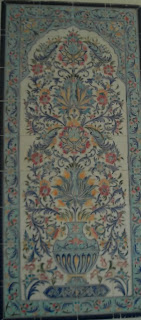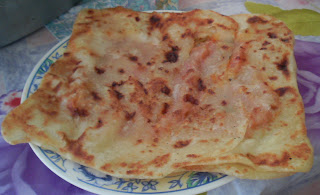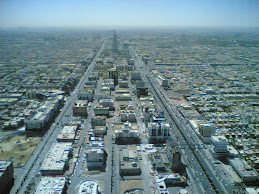
I have been Muslim for about 16 years and changing my name is something I have always been in two minds about. I was just a teenager when I accepted Islam and at the time it never occurred to me to change my name but over the years, meeting other convert sisters some of whom have changed their name it is something I have often thought about.
The reasons I did not change my name were:
- When I first accepted Islam it didn't occur to me
- I wanted to keep the name my mother chose for me out of respect to her
- I felt being outwardly Muslim, i.e. wearing hijab, yet having a very obviously Western name would be a good way of showing non-Muslims that Islam is not just for Arabs and Asians
- Keeping in mind that my name doesn't have any unislamic undertones, I didn't feel it was necessary to change my name to a 'foreign' name.
As mentioned though, the topic of name changing is one I mull over from time to time with the occasional sense of regret and I wonder if having a muslim name would give me a feeling of a stronger Islamic identity.
I say muslim name rather than Arabic name since I don't see the point in changing ones name from some perfectly acceptable non-muslim name to something like Jamilah (which means beautiful) or Wardah (which means Rose).
I found a few hadith relating to the subject and it seems that the Prophet (صلى الله عليه و سلم) only changed new Muslim's names when they had an objectionable meaning or a meaning unbecoming to the person. An objectionable name could be an unislamic name such as Shaytan (Satan) or Abdul Shaytan (Servant of Satan), a name that implies that person has bad qualities such as Al-Munba'ith (one who lies), a name which is for Allah alone such as Malik Al-Mulook (King of Kings) or a name that gives a person too much prestige such as Barrah (piety).
Narrated AbudDarda': The Prophet (صلى الله عليه و سلم) said: On the Day of Resurrection you will be called by your names and by your father's names, so give yourselves good names. (Sunan Abu Dawud: Book 41; number 4930)
Narrated AbuWahb, Hazn ibn AbuWahb: The Prophet (صلى الله عليه و سلم) asked: What is your name? He replied: Hazn (rugged). He said: You are Sahl (smooth). He said: No, smooth is trodden upon and disgraced. Sa'id said: I then thought that ruggedness would remain among us after it. AbuDawud said: The Prophet (صلى الله عليه و سلم) changed the names al-'As, Aziz, Atalah, Shaytan, al-Hakam, Ghurab, Hubab, and Shihab and called him Hisham. He changed the name Harb (war) and called him Silm (peace). He changed the name al-Munba'ith (one who lies) and called him al-Mudtaji' (one who stands up). He changed the name of a land Afrah (barren) and called it Khadrah (green). He changed the name Shi'b ad-Dalalah (the mountain path of a stray), the name of a mountain path and called it Shi'b al-Huda (mountain path of guidance). He changed the name Banu az-Zinyah (children of fornication) and called them Banu ar-Rushdah (children of those who are on the right path), and changed the name Banu Mughwiyah (children of a woman who allures and goes astray), and called them Banu Rushdah (children of a woman who is on the right path). AbuDawud said: I omitted the chains of these for the sake of brevity. (Sunan Abu Dawud: Book 41; Number 4938)
Narrated Al-Musaiyab: That his father (Hazn bin Wahb) went to the Prophet and the Prophet asked (him), "What is your name?" He replied, "My name is Hazn." The Prophet said, "You are Sahl." Hazn said, "I will not change the name with which my father has named me." Ibn Al-Musaiyab added: We have had roughness (in character) ever since. (Bukhari: Volume 8, Book 73, Number 209)
Narrated Abu Huraira: Zainab's original name was "Barrah," but it was said' "By that she is giving herself the prestige of piety." So the Prophet changed her name to Zainab. (Bukhari, Volume 8, Book 73, Number 212)
I'd like to ask those reading this who are also converts to Islam (or reverts if you refer that term), did you change your name? If yes, why? If no, why not? Do you have any regrets about changing or not changing your name? Do you think you gained anything from changing your name?







































 Turn over with a palette knife and cook evenly on both sides.
Turn over with a palette knife and cook evenly on both sides. They can also be made with no filling, and then sprinkled with sugar and eaten with coffee; these are Ma'aarek.
They can also be made with no filling, and then sprinkled with sugar and eaten with coffee; these are Ma'aarek.





.jpg)




